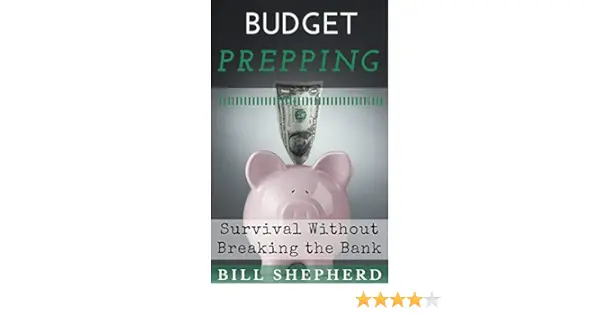Welcome to the world of prepping! In this article, you will learn how to get started on your prepping journey without spending a fortune. From DIY projects to smart shopping tips, we will show you how to be prepared for any situation without breaking the bank. Whether you are new to prepping or looking to save some money, we’ve got you covered. Get ready to start prepping on a budget and feel confident knowing you are prepared for whatever comes your way.
Prepping On A Budget: How To Get Started Without Breaking The Bank
Have you ever wanted to start prepping but feel overwhelmed by the costs associated with it? Don’t worry, you’re not alone. Prepping doesn’t have to break the bank, and in this article, we’ll explore ways you can get started on a budget.
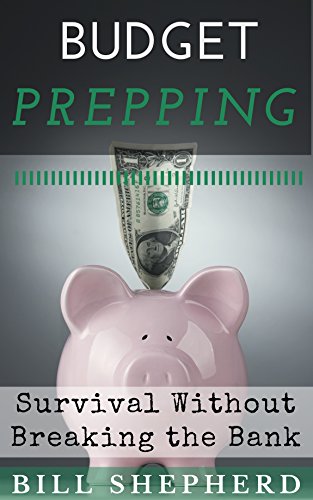
Assess Your Needs and Priorities
Before jumping into prepping, take some time to assess your needs and priorities. What are the most likely emergencies you may face in your area? Do you have any specific medical or dietary needs that need to be addressed in your prepping supplies? By understanding your specific needs, you can tailor your prepping efforts to be more cost-effective.
It’s important to prioritize your prepping items based on what you are most likely to need. For example, if you live in an area prone to natural disasters, focusing on emergency shelter and food and water supplies may be more important initially.
Set a Budget and Stick to It
One of the most important aspects of prepping on a budget is setting a realistic budget and sticking to it. Determine how much you can comfortably spend on prepping each month and allocate those funds wisely. Remember, prepping is about being prepared, not going into debt.
Creating a prepping budget can also help you prioritize your purchases. It’s easy to get carried away with buying the latest gadgets or gear, but by setting a budget, you can focus on the essentials first and then add extras as your budget allows.
Start Small and Build Up Over Time
You don’t have to buy everything at once. Start small and gradually build up your prepping supplies over time. Focus on purchasing items that are versatile and can be used in a variety of emergency situations. For example, a multi-tool or a first aid kit can come in handy in many different scenarios.
By starting small, you can also take advantage of sales and discounts to build up your prepping supplies without breaking the bank. Keep an eye out for clearance sales or discounts on bulk items that you may need for your prepping efforts.
Make Your Own Supplies
Another way to save money on prepping is to make your own supplies whenever possible. DIY projects can be a cost-effective way to stock up on essential items without spending a lot of money. For example, you can make your own candles, soap, or even emergency food rations at home.
There are plenty of tutorials and resources available online to help you create your own prepping supplies. Not only will you save money, but you’ll also gain valuable skills that can be useful in a variety of emergency situations.
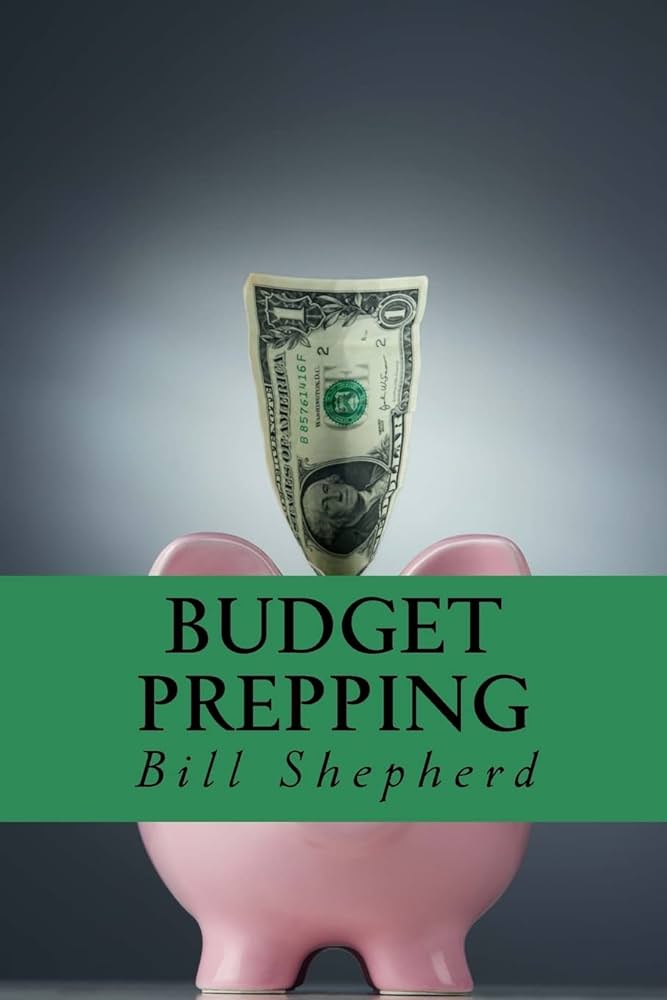
Grow Your Own Food
Growing your own food is not only a great way to save money on groceries, but it can also be a valuable skill in a prepping situation. By growing your own fruits, vegetables, and herbs, you can ensure a fresh and sustainable food source in an emergency.
If you have limited space or resources, consider starting a small container garden on your balcony or windowsill. Growing herbs like basil, thyme, and mint is easy and requires minimal space. You can also consider joining a community garden or participating in a local food co-op to access fresh produce at a lower cost.
Learn Basic Survival Skills
In addition to stocking up on supplies, it’s important to learn basic survival skills that can help you in an emergency. Knowing how to start a fire, purify water, and navigate using a map and compass are essential skills for any prepper.
Instead of spending money on expensive gear, focus on honing your skills through practice and training. Attend workshops, take online courses, or join a local survival group to learn from experienced preppers. Not only will you save money, but you’ll also gain confidence in your ability to handle emergency situations.
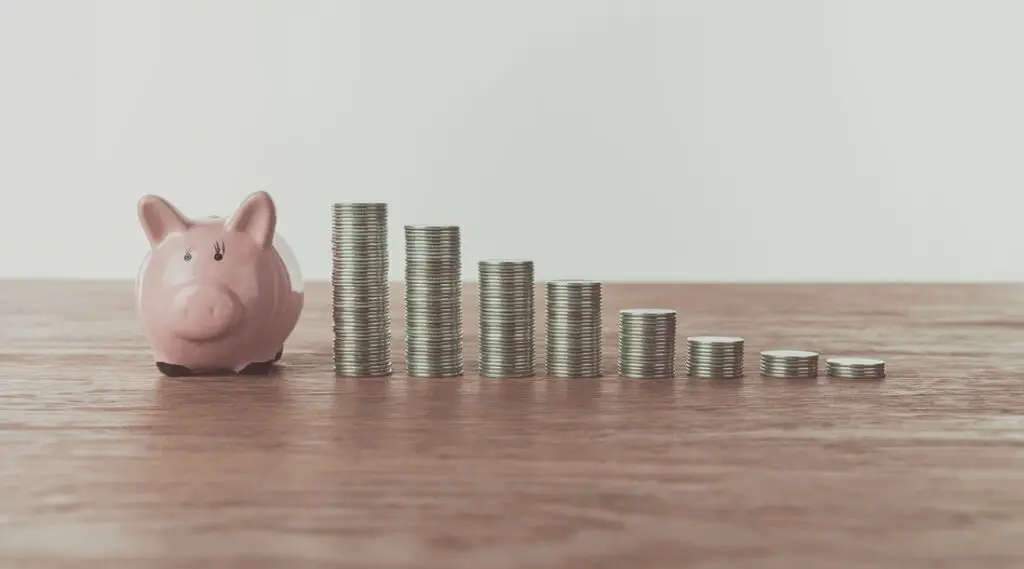
Buy in Bulk and Store Wisely
Buying in bulk can be a cost-effective way to stock up on essential items for your prepping supplies. Look for sales on non-perishable items like canned goods, rice, and pasta, and buy in bulk to save money in the long run.
When storing bulk items, make sure to store them properly to prevent spoilage or damage. Use airtight containers or Mylar bags to protect items from moisture and pests. Rotate your supplies regularly to ensure that nothing goes to waste.
Focus on Multi-Purpose Items
When building your prepping supplies, focus on multi-purpose items that can serve multiple functions. For example, a bandana can be used as a bandage, a water filter, or even a makeshift sling. By choosing versatile items, you can save money and space in your prepping supplies.
Consider investing in items like a multi-tool, duct tape, or a portable solar charger that can perform multiple functions in a variety of emergency situations. Versatile items can also help you cut down on the number of individual items you need to purchase, saving you money in the long run.
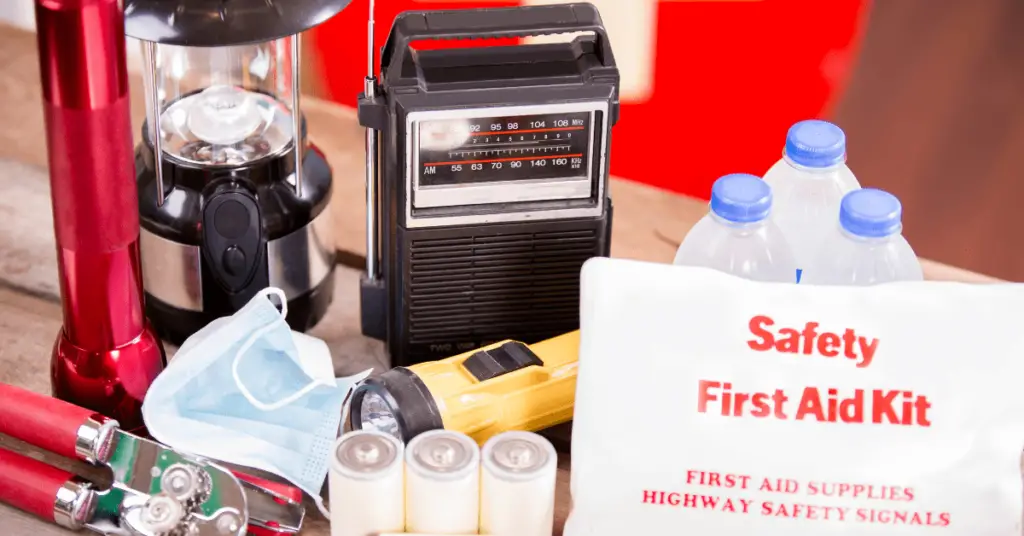
Take Advantage of Free Resources
There are plenty of free resources available to help you with your prepping efforts. Local libraries, community centers, and government agencies often offer workshops and training on emergency preparedness. Take advantage of these resources to learn valuable skills and information without spending a dime.
Online forums, social media groups, and prepping blogs are also great sources of information and tips for prepping on a budget. Joining a community of like-minded preppers can help you learn from others’ experiences and find creative ways to save money on prepping supplies.
Conclusion
Prepping on a budget doesn’t have to be overwhelming or expensive. By assessing your needs, setting a budget, and gradually building up your supplies, you can become better prepared for emergencies without breaking the bank. Remember to prioritize your purchases, make your own supplies when possible, and focus on acquiring versatile items that can serve multiple functions. With a little planning and creativity, you can be ready for whatever comes your way.
